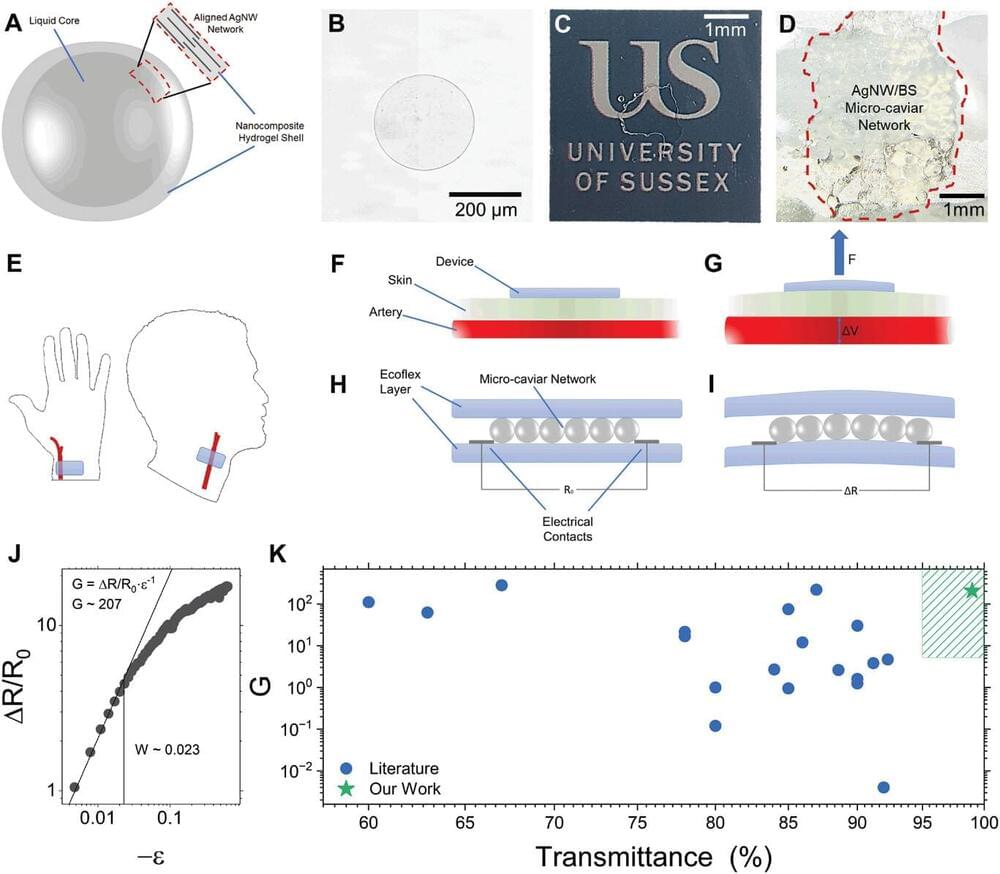
Nanomaterials, with their distinctive physical and chemical properties, hold significant promise for revolutionizing the housing construction industry. By enabling the development of stronger, more durable, efficient, and sustainable structures, nanotechnology offers solutions to challenges such as climate change and global urbanization.
The use of nanomaterials in construction began in the mid-1980s with the advent of carbon-based structures. Since then, their application has become more widespread, driving innovations in the sector. Today, advances in nanotechnology are leading to the creation of increasingly sophisticated, selective, and efficient nanomaterials, broadening the scope of construction capabilities.
This study explored the application of various nanomaterials—titanium dioxide, carbon nanotubes (CNTs), nanosilica, nanocellulose, nanoalumina, and nanoclay—in residential construction. These materials were chosen for their potential to enhance the structural integrity, thermal performance, and overall functionality of building materials used in housing.

















